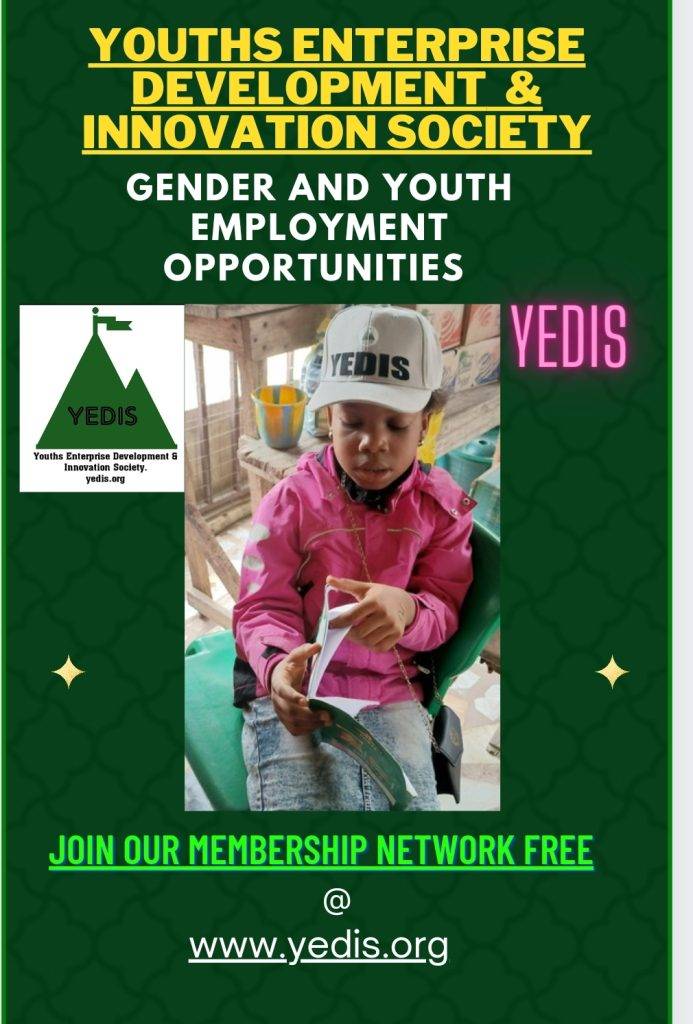1. Gender-sensitive education is highly essential in promoting youth employment and poverty eradication. When all men and women are educated, there will be meaningful contributions to economic development. The Government and key stakeholders’ policy on gender and youth education should be tailored particularly towards rural people in marginalised communities. Disadvantaged people are vulnerable to social abuses due to a lack of gender-sensitive education.
2. Gender-sensitive education enhances productivity and resourcefulness among men and women. Gender indifference hinders the community and nation’s growth. Development practitioners should advocate for gender equality to advance society’s needs.
3. Women are emotional and empathetic, so an equal education and empowerment of women and men will promote peace, mutual understanding and social justice.
4. Many women and girls are into agribusiness in African rural communities; education is essential to encourage intensive agriculture and empower them to be more technically productive.
5. Women lead with dignity and a complete sense of achievement; giving them equal education and job opportunities will yield fruitful outcomes.
6. Women are very idealistic; educating girls and young women will facilitate and promote better initiatives for decent jobs and community development.
7. Education of girls and women facilitates effective teamwork with men to create decent jobs, a conducive business environment and improved working conditions.
8. Engaging women in entrepreneurship and STEM (science, technology, engineering and math) are advantageous to their commitment to improved society and community development.
9. Gender-sensitive education gives women a voice in policy decision-making and a sense of belongings in all sectors.
10. Girls’ and women’s access to inclusive technology and digital skills empowers them entrepreneurially and accelerates their confidence to build sustainable employment.
Join our membership network at https://yedis.org.

